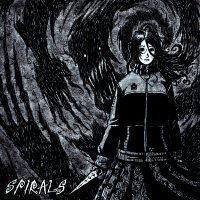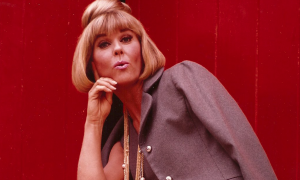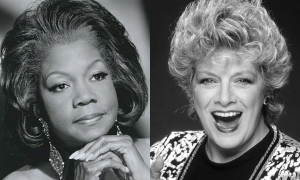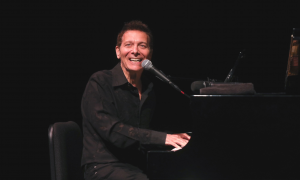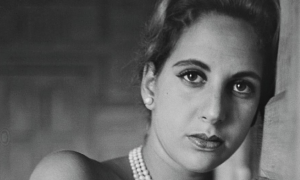Home » Jazz Articles » The Great American Songbook » What’s Harder to Write, Poetry or Lyrics?
What’s Harder to Write, Poetry or Lyrics?
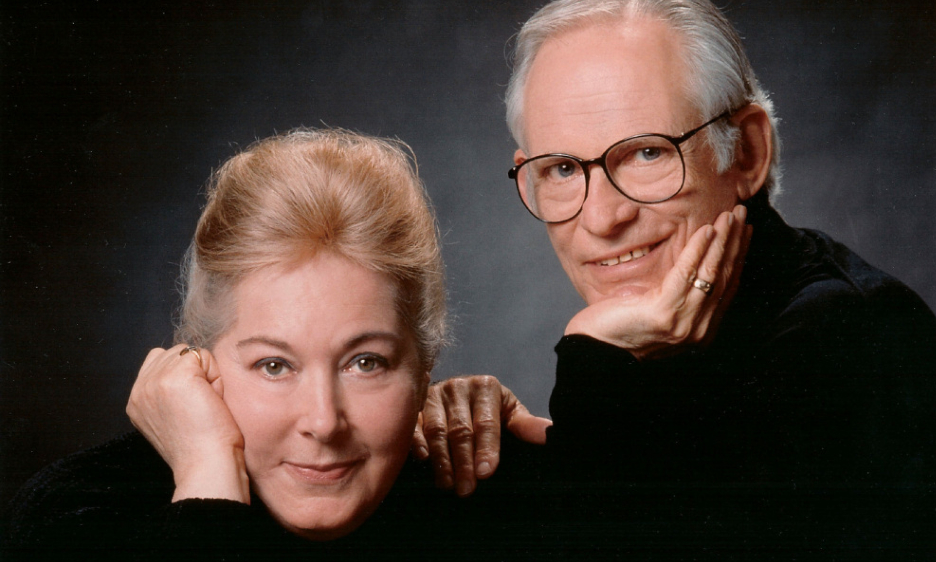
Writing lyrics doesn't have the cachet writing poetry has. It isn't as cool. And it certainly seems easier to write lyrics than music. Lyricists' names are sometimes not even mentioned when people rave about certain songs. Composers are the talented ones—it must be harder to write music than words. After all, we all know the language whereas only a few of us can read and write music. And it seems easier to write the words to a song than lofty poetry.
Wrong! Writing lyrics is harder. Some poetry has strict forms such as the haiku or the sonnet, or it may follow a certain meter, such as the iambic pentameter (10 syllables with every other one stressed) that Shakespeare famously used. But if you choose not to use any form at all. It is still considered poetry.
But with lyrics, you write to music. A lyricist is most often given a piece of music and asked to write words to fit. And if you're working for a studio, the producer may want you to match a certain action or emotion.
For example, the director of "The Thomas Crown Affair" wanted the husband-and-wife lyric writing team Alan and Marilyn Bergman to write lyrics expressing a character's confused mental state in the glider scene.
The Bergmans came up with "The Windmills of Your Mind," which won them their first Oscar. They used spinning objects as metaphors for confused thoughts. Because, yes, lyricists use the same linguistic devices as poets. An excellent example of the use of imagery is found in Johnny Mercer's "I Thought About You."
Composer Jimmy Van Heusen had asked Mercer to write words for a melody he had written—ASAP. Mercer was taking a train to Chicago the next day and promised to write the lyrics on the trip.
What he came up with were lyrics that touch our emotions.
The narrator, a passenger, is alone. It's dark. He doesn't see anyone—no ticket-taker, no other passengers, no one out the train windows. The only other person in the lyric is the "you" in his thoughts, whom we presume to be a woman he has just left. He sits alone in his compartment and gazes out the window. The first line wastes no words:
I took a trip on a train, and I thought about you.
Then, the images begin:
I passed a shadowy lane and I thought about you
Two or three cars parked under the stars
A winding stream
Moon shining down on some little town
And with each beam, same old dream
At every stop that we made, oh, I thought about you
But when I pulled down the shade, then I really felt blue
I peeked through the crack and looked at the track
The one going back to you, and what did I do?
I thought about you
Mercer's images are dark, still, and empty of people. They're bleak with the same unfulfilled dream. Even the adjacent track has no meaning other than its direction back to the woman he left behind. And when he tries to blot out the scenes that remind him of her, he only feels worse.
And how do the images make us feel? Sad. Lonely. Depressed. Sorry for the guy. That's how we're supposed to feel if the lyricist has done his job. Mercer was called the poet laureate of jazz for good reason.
?While Mercer made great use of imagery, other writers use comparisons (metaphor) and symbolism to express their ideas and emotions. Examples range from Irving Berlin's simple and direct "How Deep Is the Ocean?":
How deep is the ocean?
How high is the sky?
to Cole Porter's "I've Got You Under My Skin":
I have got you, deep in the heart of me
So deep in my heart that you're really a part of me
I've got you under my skin
The Bergmans used everyday items to express complex ideas and emotions. In their poignant song about lovers separating, "Where Do You Start?" they wrote about the mundane task of emptying a bookcase:
Which books are yours,
Which tapes and dreams belong to you and which are mine
Our lives are tangled like the branches of a vine.
Which expresses the anguish of splitting up.
The lyrics culminate with the confession:
I promise there will always be
A little place no one will see
A tiny part within my heart
That stays in love with you
Which only compounds the heartbreak.
Another of their poignant songs is "How Do You Keep the Music Playing" with music representing love—of a loving marriage, perhaps—about the fear of it coming to an end.
One gets the impression that these lyrics are the real thoughts of the couple whose marriage lasted 50 years until Marilyn's death in 2022. In any case, the Bergmans expressed deeply felt emotions in their songs using their own brand of metaphor.
As for our initial question about the similarities between poetry and lyrics, the answer is yes, lyrics are a form of poetry using the same linguistic devices. And they are more difficult to write due to having the restrictions of having to match a melody but nonetheless, a lyric can be as moving as a poem. And maybe even more so.
Tags
PREVIOUS / NEXT
Support All About Jazz
 All About Jazz has been a pillar of jazz since 1995, championing it as an art form and, more importantly, supporting the musicians who make it. Our enduring commitment has made "AAJ" one of the most culturally important websites of its kind, read by hundreds of thousands of fans, musicians and industry figures every month.
All About Jazz has been a pillar of jazz since 1995, championing it as an art form and, more importantly, supporting the musicians who make it. Our enduring commitment has made "AAJ" one of the most culturally important websites of its kind, read by hundreds of thousands of fans, musicians and industry figures every month.





 Listen
Listen

 Listen
Listen




